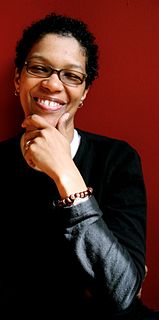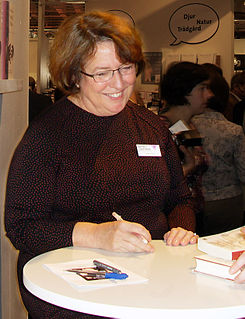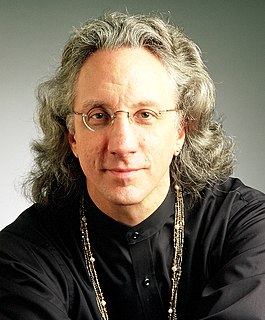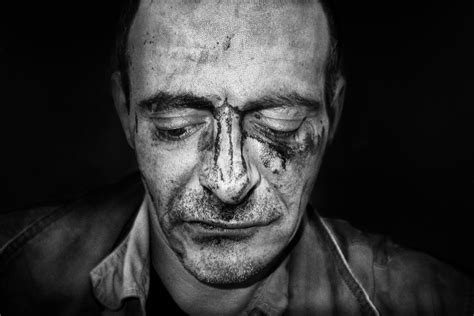A Quote by Anna Quindlen
The truth about your own life is not always easy to accept, and sometimes hasn't even occurred to you.
Related Quotes
I was interested in the ways we can write biography. When you're first starting to write about your own life it feels so shapeless because you don't know how to make your own story cohesive. How do I pluck a story out of the entirety of what it means to be alive. It occurred to me recently that when you're telling a story about your own life, rather than taking a chunk, you're kinda like lifting a thread from a loom.
You, just as you are, and your life here, right now, are all there is and all you need to know. You don't have to do anything special. Mostly, you have to be open to meeting face to face, and even dancing with, the truth that pertains to your life right now. You have to find a way to collect your fractured pieces, examine them, and the accept them as part of who you are. Spiritual practice is about transformation, but it's also, and more importantly, about working with what is.
You find there's no magic trick, sometimes in the shower, sometimes you're just lying in bed calm, sometimes you're just enjoying life and just have a notepad, it's never far away. Always have a notepad on you, because you never know what's going to happen, take a moment and write it down the minute that comes in your head. Even if you can't deal with it until later, I've had that experience where I was in a wedding party and I'm on stage, I'm like, "I hope I don't forget this, something just occurred to me."
I think that most of us, anyway, read these stories that we know are not "true" because we're hungry for another kind of truth: the mythic truth about human nature in general, the particular truth about those life-communities that define our own identity, and the most specific truth of all: our own self-story. Fiction, because it is not about someone who lived in the real world, always has the possibility of being about oneself. --From the Introduction
The Bible is a wonderful book. It is the truth about the Truth. It is not the Truth. A sermon taken from the Bible can be a wonderful thing to hear. It is the truth about the truth about the truth. But it is not the truth. There have been many books written about the things contained in the Bible. I have written some myself. They can be quite wonderful to read. They are the truth about the truth about truth about the Truth. But they are NOT the Truth. Only Jesus Christ is the Truth. Sometimes the Truth can be drowned in a multitude of words.
Take risks! That is really what life is about. We must pursue our own happiness. Nobody has ever lived our lives; ther are no guidelines. Trust your instincts. Accept nothing but the best. But then also look for it carefully. Don't allow it to slip between your fingers. Sometimes, good things come to us in a such a quiet fashion. And nothing comes complete. It is what we make of whatever we encounter that determines the outcome. What we choose to see, what we choose to save. And what we choose to remember. Never foget that all the love in your life is there, inside you, always.
Push hard to get better, become smarter, grow your devotion to the truth, fuel your commitment to beauty, refine your emotional intelligence, hone your dreams, negotiate with your shadow, cure your ignorance, shed your pettiness, heighten your drive to look for the best in people, and soften your heart -- even as you always accept yourself for exactly who you are with all of your so-called imperfections.
And one has to remember that no photography can pretend to show the truth. A picture only shows a given situation under a very specific perspective, consciously or not, openly or not, relevantly or not. Photographers have to accept they can just convey fragments of illusory realities and relate their own intimate experience of the world. In this process of fictionalising an unreachable truth, it's up to them to impose their doubts about any photographic truth, or accept being impotent pawns in the mediatic game.

































